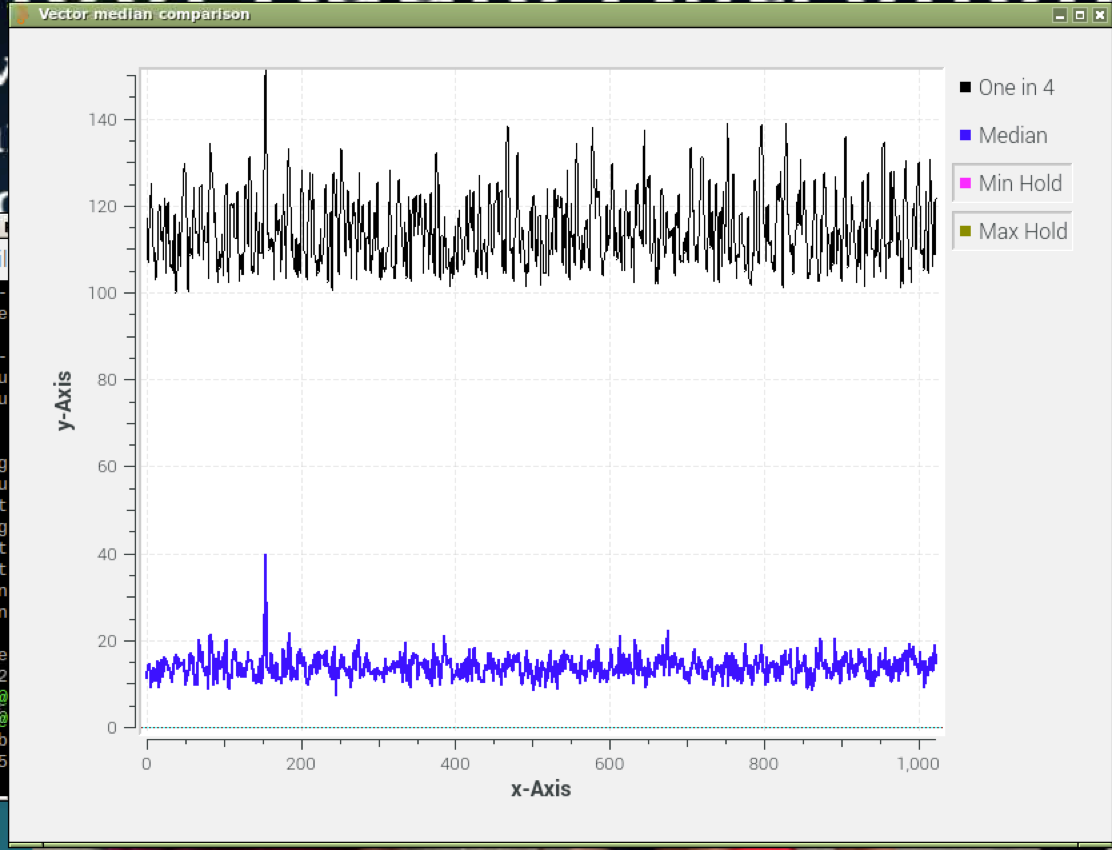Thanks for your efforts and concern for the challenges of the users (aka not developers).
Main challenge is that I wrote the code a few years ago, and have gone on to work on
projects _using_ the code. We are working on school lesson plans and activities.
Part of the problem is that I really do not understand _any_ of the CMAKE changes,
but just try to modify existing code.
I did get some c++ code installed eventually and working fine. However there seem to
be some naming conventions changing between XML and YAML in relation to C++ code.
It is nice that the YAML code is auto-generated, but everyone should know the newly
generated YAML code does not work without modifications.
I mentioned that I did get two of my 3 c++ programs to run in 3.8 on the raspberry pi.
So then I tried to test the code to run on my MacBook pro.
Unfortunately I did a “update” which jumped me from 3.7 to 3.9 on my MacBook
so now nothing works at all any more. There does not seem to be an undo.
This kind of thing takes the wind out of my sails.
I appreciate gr-modtool, but it is frustrating that modtool does not generate
working code. There really, really, really needs to be an ultra-simple working
example of C++ code for 3.8 and 3.9 that actually build.
The code could do anything, but just allow us to use it as the basis for
creating YAML and SWIG/PYBIND code based on the new requirements.
I think my ultra-simple vector median code would be a great example.
I’ve had this working on 3.7 and now on 3.8 in our gr38_dev branch of
ie:
This code is a vector decimator taking in N vectors and doing some processing
to reduce the N vectors to one “median filtered” vector to reduce short duration
RFI.
to reduce the N vectors to one “median filtered” vector to reduce short duration
RFI.
The code implements a block
With a test example .grc file
That produces an example plot:

Sorry for the excessively long email.
Glen
On Jan 29, 2021, at 4:36 AM, Marcus Müller <mmueller@gnuradio.org> wrote:
Hi Glen,
this is nice! Thanks!
If you could tell us what specifically is a blocker for porting to 3.8 (or anything later,
for that matter), people might be able to help exactly that. I know you're not content
with the changes we've made, but I know how much effort flows into maintaining a complex
system such as your Radio Astronomy Operating System, and as I think the community
benefits from such projects, my experience is that there'll be experience and hands able
to help getting whatever it is that you need ported to a modern GNU Radio, especially
because that means you can go and use the GNU Radio that modern Linux distros offer "out
of the box" and don't have to roll your own.
Also, don't be afraid: 3.8 is not going away soon, and the migration from 3.8 to 3.9 is
really not that big of a thing, basically all names stayed the same.
Best regards,
Marcus
On 28.01.21 18:22, Glen I Langston wrote:Hello
We’ve been successful in simultaneous radio astronomy with high schools in the US, including
California, North Carolina, Illinois, Virginia, New York and West Virginia.
We’d like to expand to southern hemisphere as well, so that we can get a full sky image
of the Milky Way.
We’ve just released a new version of the complete Radio Astronomy Operating system
for Raspberry Pi 4 computers. The whole 12 GB Os is compressed to 3.4 GB for download.
https://drive.google.com/file/d/1PwjSfVUlV4XNyaDtzrgMiI4Z7IL6HGi2/view?usp=sharing
The installation guide has the link to the OS as well. All are on Google Drive
https://docs.google.com/document/d/1pStZsguO3UMrP0FhxJJJPFYdkg-Bp8TG3_zIh8MYHUQ/edit?usp=sharing
The newest version automatically puts all observations on the included Apache web server for
sharing with other high schools/hobbyists.
FYI you can measure the effective noise temperature of your first LNA using the software
included in the OS and described in LightWork Memo 28.
https://drive.google.com/file/d/1T6y3XJ9PyVhMCDVL0gaL-mx1BI6bUyEN/view?usp=sharing
I’m still stuck at GNURadio 3.13.7.5, but have a few C++ programs converted to 3.8
and running. Maybe just before 3.8 is obsolete I’ll catch up.
Best regards
Glen